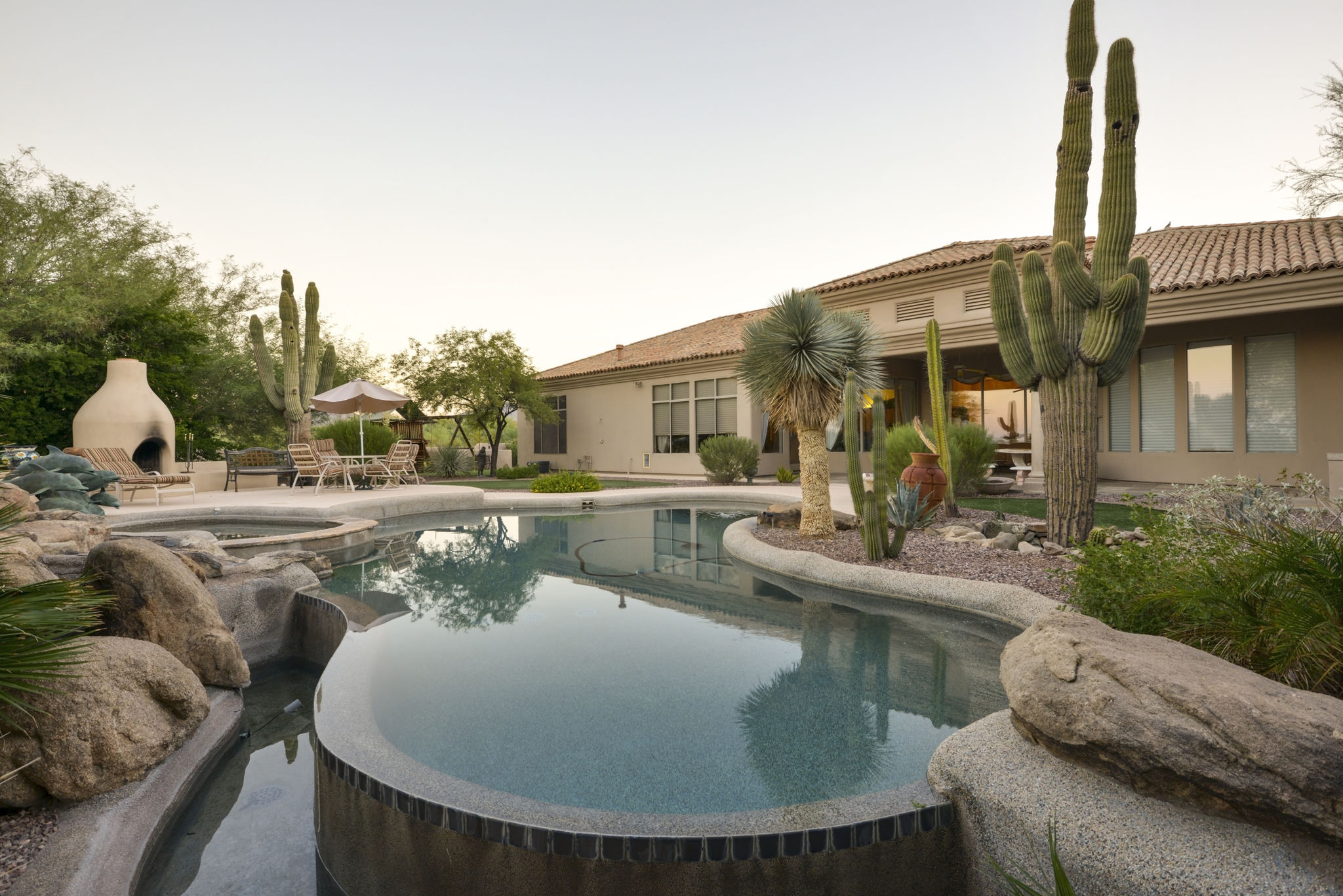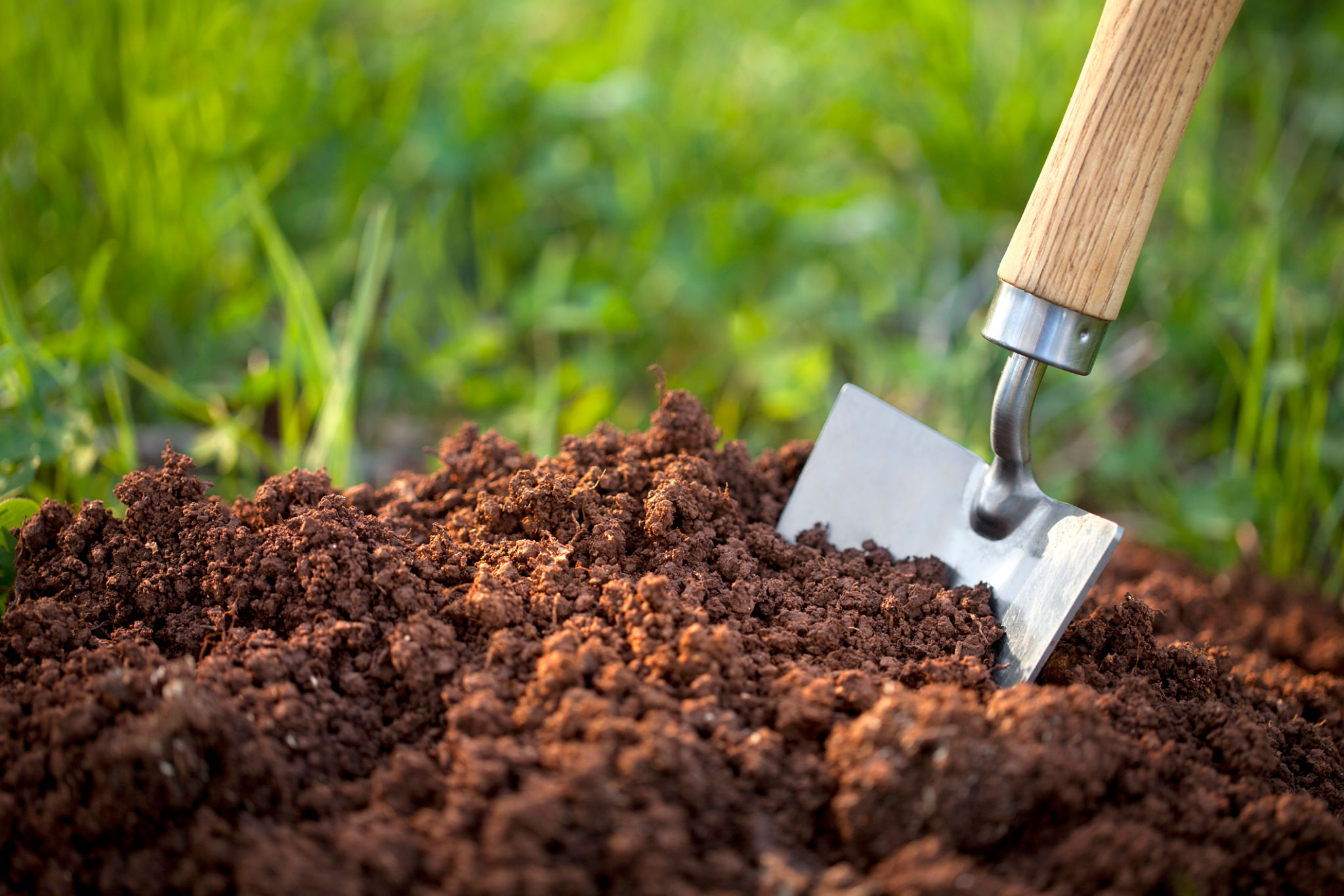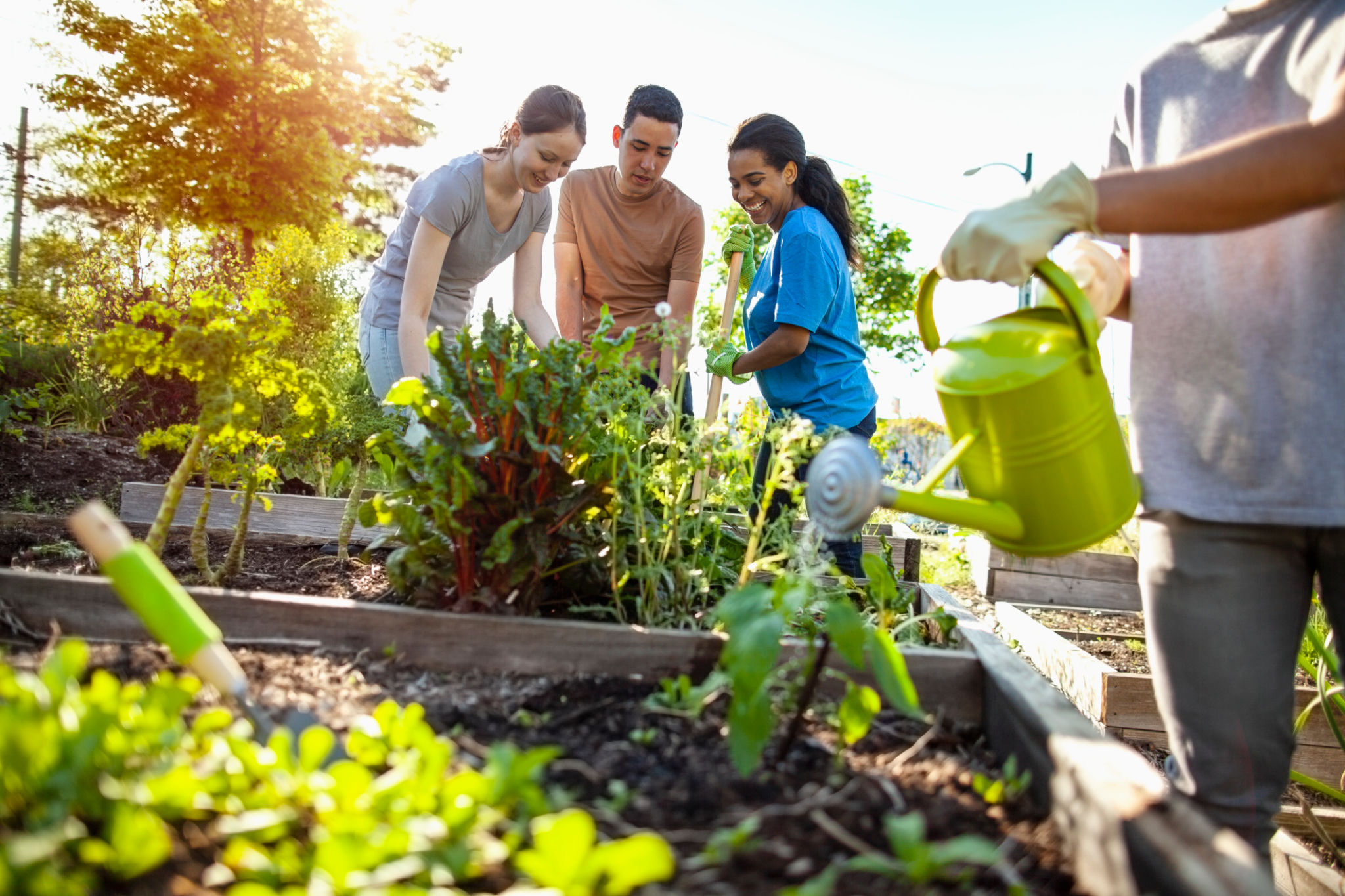Horticulture for Beginners: Starting Your First Garden in Tucson
Understanding Tucson's Climate
Starting a garden in Tucson offers unique challenges and opportunities due to its desert climate. With an abundance of sunny days and minimal rainfall, understanding how to work with these conditions is crucial. The region typically experiences hot summers and mild winters, which means that selecting the right plants and timing your gardening activities appropriately can make all the difference.
Tucson falls under USDA Hardiness Zone 9b, which means that gardeners have the advantage of growing a wide variety of plants, including some that thrive in warmer conditions. However, it's important to consider the intense sun and heat, especially during summer, which can be harsh on many plants.

Choosing the Right Plants
When selecting plants for your Tucson garden, it's essential to choose varieties that are adapted to the desert environment. Native plants such as agave, prickly pear cactus, and desert marigold are excellent choices as they are inherently suited to the local climate. Additionally, consider drought-tolerant vegetables like tomatoes, peppers, and squash.
For beginners, it's advisable to start with smaller plants or seedlings rather than seeds, as they are more likely to survive the initial stages of growth. Pay attention to the plant's sunlight requirements, ensuring they match the available shade or sun exposure in your garden.
Soil Preparation and Maintenance
Tucson's soil is often sandy or clayey, which can present challenges for retaining moisture. To improve your soil quality, consider incorporating organic matter such as compost or well-aged manure. This not only enriches the soil but also helps with water retention. Mulching is another effective technique to keep the soil moist and reduce evaporation.

Regularly test your soil's pH levels and nutrient content to understand its specific needs. Adding fertilizers or soil amendments based on these tests can greatly enhance plant growth and health.
Watering Techniques
Water conservation is a vital aspect of gardening in Tucson due to its arid climate. Implementing efficient watering practices can make your garden more sustainable. Drip irrigation systems are highly recommended as they deliver water directly to the plant roots with minimal waste through evaporation.
Water early in the morning or late in the afternoon to reduce evaporation rates. Pay close attention to your plants' needs; overwatering can be just as detrimental as underwatering. Generally, deep but infrequent watering is most effective for encouraging strong root development.

Seasonal Gardening Tips
In Tucson, timing is everything when it comes to planting. The ideal planting seasons are fall and spring when temperatures are milder. During these times, you can plant cool-season crops such as lettuce, carrots, and broccoli in the fall and warm-season crops like beans, melons, and corn in the spring.
Summer gardening can be challenging due to extreme heat, so consider using shade cloths or other protective measures for more delicate plants. Additionally, winter brings opportunities for growing hardy vegetables like kale and spinach.
Utilizing Local Resources
Tucson boasts a vibrant gardening community and numerous resources for beginners. Consider joining local gardening clubs or attending workshops offered by organizations such as the University of Arizona Cooperative Extension. These resources provide valuable advice tailored specifically to the Tucson area.

Visiting local nurseries can also be beneficial as they often offer plant varieties that thrive in Tucson's unique climate alongside expert advice from staff familiar with regional gardening challenges.